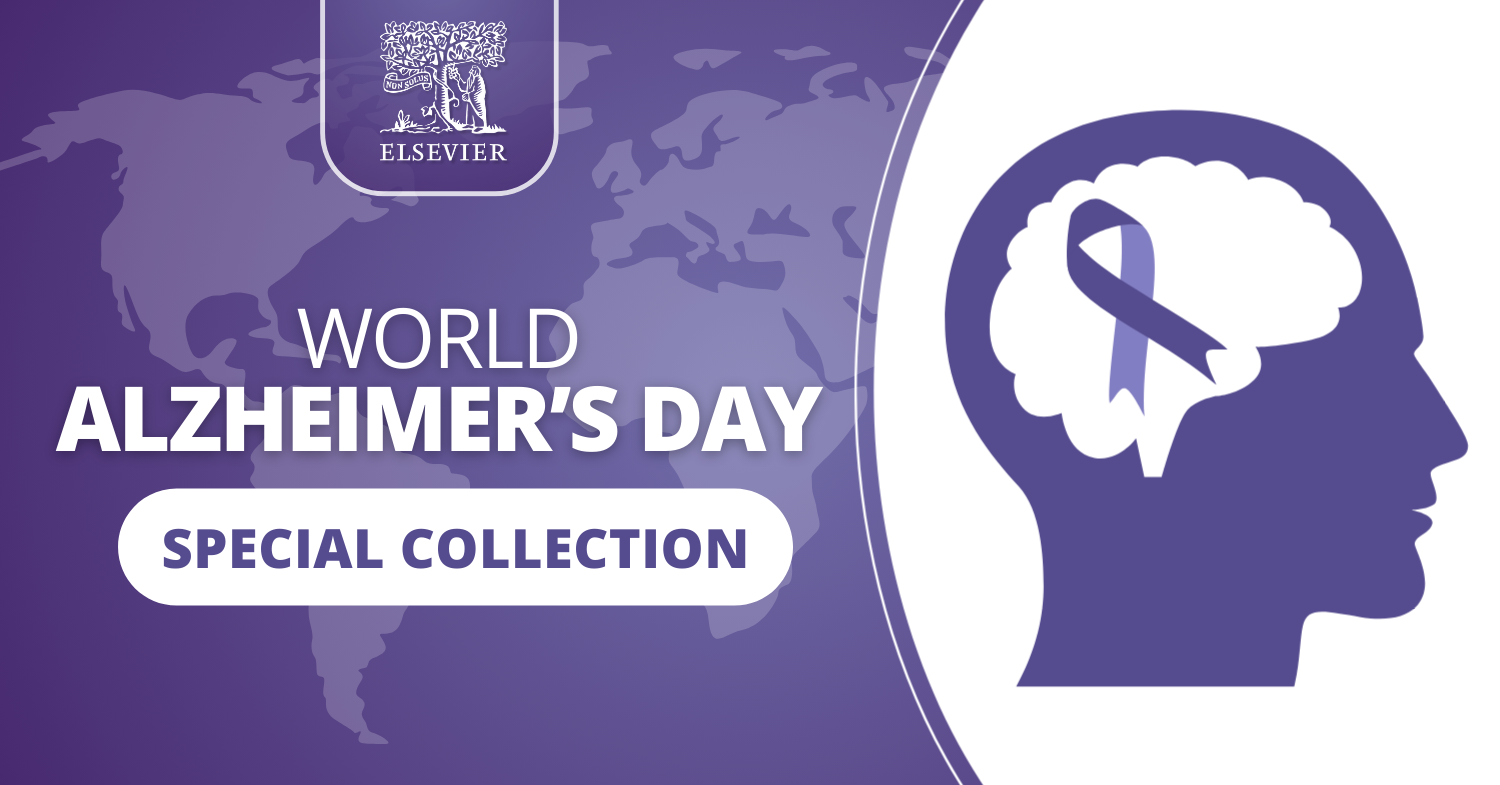Global health is a multifaceted concept that extends beyond the mere absence of disease, encompassing a comprehensive view of well-being for all, irrespective of geographical, economic, or social boundaries. Over the years, the global community has recognized the intrinsic link between health and development. In this context, the United Nations' Sustainable Development Goals (SDGs) introduced in 2015, present a universal call to action to end poverty, protect the planet, and ensure prosperity for all. Among the 17 SDGs, Goal 3 explicitly targets "Good Health and Well-being," focusing on reducing global maternal mortality, ending epidemics of infectious diseases, decreasing non-communicable diseases and promoting mental health, to name a few. However, the relationship between global health and SDGs isn’t limited to Goal 3 alone.
The holistic nature of the SDGs highlights that health is interwoven with other global challenges and solutions. For instance, Goal 1 aims to eradicate poverty, which is intrinsically linked to health. Poverty can lead to malnutrition, lack of access to clean water and sanitation, limited healthcare access, and vulnerability to diseases. Thus, by addressing poverty, we inadvertently advance global health. Similarly, Goal 2's objective to eliminate hunger and promote sustainable agriculture directly impacts nutritional health. Proper nutrition is foundational for robust health, preventing many diseases and ensuring development across life stages.
The linkage extends to environmental goals as well. Goals 6 (Clean Water and Sanitation), 7 (Affordable and Clean Energy), 11 (Sustainable Cities and Communities), 12 (Responsible Consumption and Production), and 13 (Climate Action) all have direct or indirect implications on health. Polluted water sources can cause infectious diseases; fossil fuel reliance can lead to respiratory ailments; unsustainable cities can result in poor mental health and non-communicable diseases due to pollution and sedentary lifestyles; and the larger challenge of climate change has direct repercussions on global health from altering patterns of infectious diseases to exacerbating health issues related to extreme weather events.
Moreover, the SDGs emphasize inclusivity and equity, values inherently crucial for global health. Goals like 4 (Quality Education), 5 (Gender Equality), and 10 (Reduced Inequalities) indirectly bolster health outcomes by addressing social determinants. Educated populations often have better health outcomes, understanding disease prevention and accessing health services more efficiently. Empowered women can make informed health choices for themselves and their families. By reducing inequalities, we ensure that health resources, advancements, and services are accessible to all, regardless of their social or economic status.
World Alzheimer's Day, observed every year on September 21st, is an international campaign to raise awareness and challenge the stigma surrounding Alzheimer's disease and other forms of dementia. With over 50 million people worldwide living with dementia and millions more being diagnosed every year, it is crucial to improve public understanding and provide support for those affected. In this article, we will discuss the significance of World Alzheimer's Day and share ways you can get involved to make a difference.
To mark its 20th anniversary, the Elsevier Foundation has released an impact report highlighting its key partnerships and achievements. Since 2005, The Elsevier Foundation has awarded over $18 million in grant funding. These grants have supported more than 100 partners across 70+ countries, reinforcing a commitment to fostering inclusive research and healthcare and promoting better health outcomes and a more sustainable research ecosystem.
World Malaria Day 2026: United Against Malaria
World Malaria Day, celebrated every April 25th, is a crucial event aimed at raising awareness about the global effort needed to defeat malaria. Instituted by WHO Member States during the World Health Assembly in 2007, this day emphasizes the importance of continued investment and sustained political commitment for malaria prevention, control, and elimination.
The Genesis of World Malaria Day
World Health Day 2026
Event Date: Tuesday, April 7, 2026
Recognizing or Organizing Body: World Health Organization (WHO)
Short Event Descriptor: World Health Day is an annual global observance held on April 7 that marks the founding of the World Health Organization and highlights a designated public health priority.








